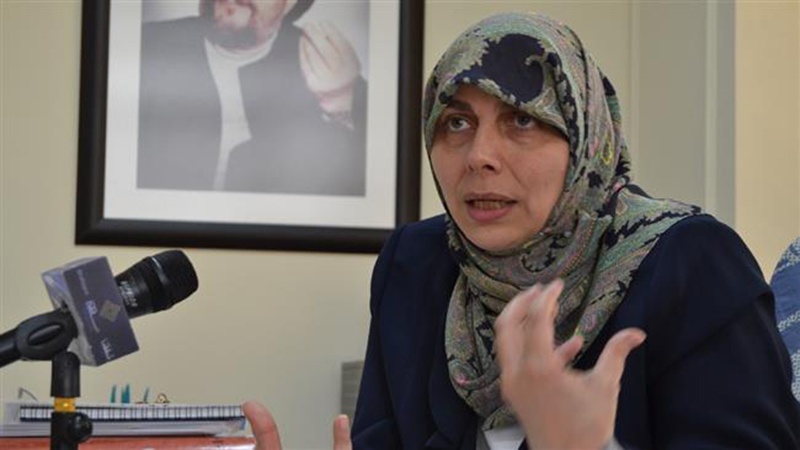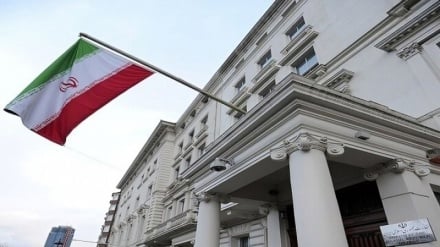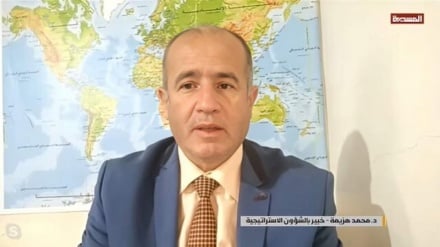No document or evidence indicate Imam Musa al-Sadr’s death: Daughter
The daughter of Lebanon’s prominent leader Imam Musa al-Sadr, who went missing with two companions nearly 40 years ago in Libya, says she strongly believes that her father alive and being kept in prison.
“The documents and evidence show that he is alive and imprisoned as there is no proof to the otherwise,” Houra al-Sadr said on Sunday.
She added that concerted efforts are underway to shed light on the fate of the cleric.
“He is still alive and kept incarcerated. Nevertheless, he has not yet been found and reunited with us,” she pointed out.
On October 13, 2017, Lebanese investigative Judge Zaher Hamadeh issued an arrest warrant for former Libyan Prime Minister Abdessalam Jalloud over the disappearance of Imam Mousa Sadr.
Hamadeh found Jalloud guilty and tried him in absentia for the cleric's abduction.
Jalloud was the prime minister of Libya between 1972 and 1977, and operated alongside slain dictator Muammar Gaddafi as second-in-command. He disappeared from public view in 1995. He is the last surviving leader of Libya’s 1969 September Revolution.
The Lebanese parliament speaker says he strongly believes that Sadr is still alive, calling for collective efforts to find out about the fate of the cleric and his companions.
Speaking at a ceremony marking the 39th anniversary of Sadr’s disappearance in Beirut, Nabih Berri called on Lebanese media outlets to follow up on the clergyman’s fate, stressing that Lebanese judicial officials were also looking into the case.
The fact-finding mission formed to inquire about the case has however been unable to visit Libya due to violence and political instability in the North African country, the top Lebanese legislator argued.
Imam Musa al-Sadr was a highly revered religious scholar of Iranian descent, who founded the Lebanese Amal (Hope) Movement in 1974. He came to Lebanon in 1959 to work for the rights of Shia Muslims in the port city of Tyre, located about 80 km south of Beirut.
The prominent religious scholar disappeared on August 31, 1978, during an official visit to the Libyan capital Tripoli.
He was accompanied by Sheikh Mohammad Yaqoub and journalist Abbas Badreddine.
Lebanon still holds former Libyan officials responsible for the disappearance of the trio.
SS



